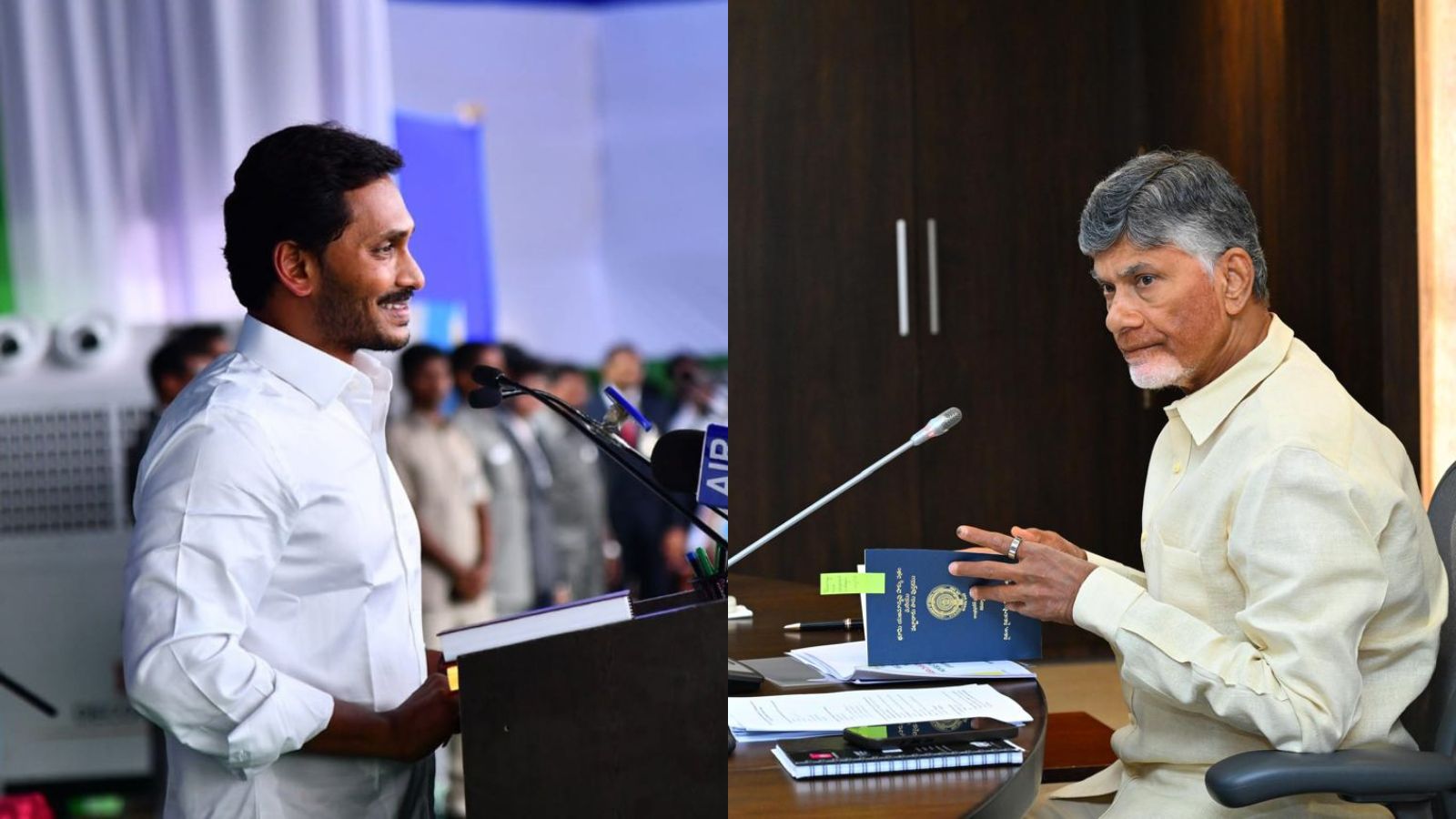 |
|
The political rivalry between Andhra Pradesh Chief Minister Chandrababu Naidu and his predecessor Y S Jagan Mohan Reddy escalated to a new level of acrimony on Friday, stemming from a controversy surrounding Jagan's proposed visit to the Tirumala temple. The dispute, ignited by Jagan's cancellation of his temple visit, quickly transformed into a war of words, with both leaders accusing each other of using religion for political gain.
Jagan Mohan Reddy initially criticized the TDP and BJP leaders for demanding he fill a form declaring his faith before entering the Lord Venkateswara temple. He argued that his personal faith, as a Christian, shouldn't be a factor in his visit to a Hindu temple, emphasizing his respect for all religions. He questioned the need to declare one's faith when he, as a former Chief Minister, had previously visited the temple and even offered sacred clothes to the deity without facing any questions about his religion.
Naidu, however, defended the temple's practice of requiring declaration of faith, citing it as a long-standing tradition and a necessary rule for maintaining order and transparency within the temple complex. He pointed out that numerous prominent individuals had previously adhered to this rule without any issues and questioned why Jagan would be exempt from such a basic requirement. He countered Jagan's claims by stating that everyone has their own beliefs and practices, emphasizing the importance of respecting the rules and traditions of a sacred space.
The dispute highlights the complex interplay of religion and politics in India, where faith often serves as a potent tool for mobilizing public sentiment and shaping political narratives. The incident has generated significant public interest, sparking debates about religious tolerance, the role of faith in public life, and the implications of political maneuvering within the context of religious institutions.
